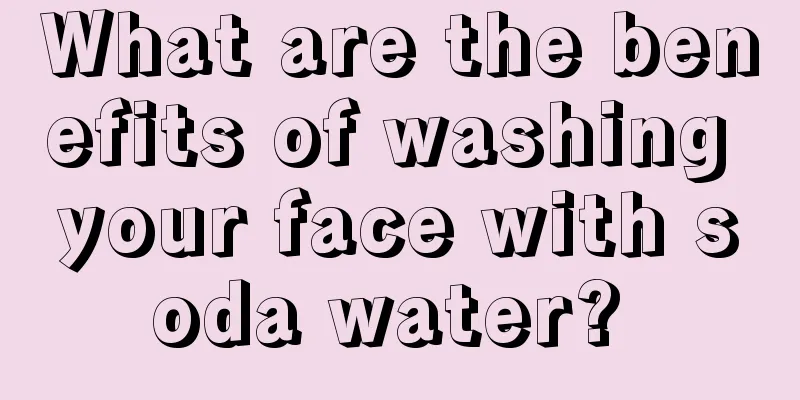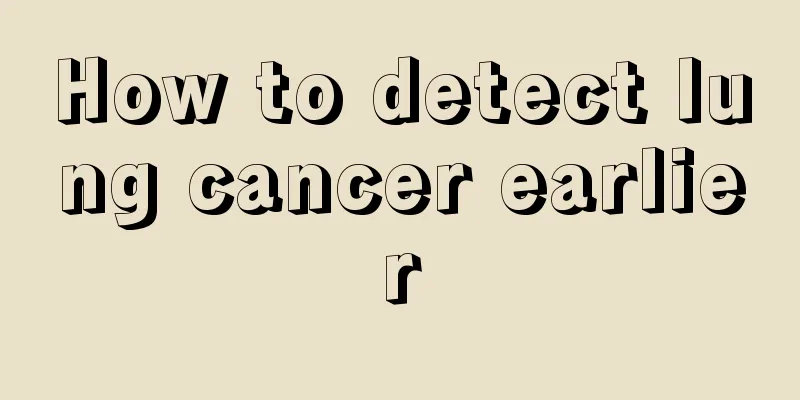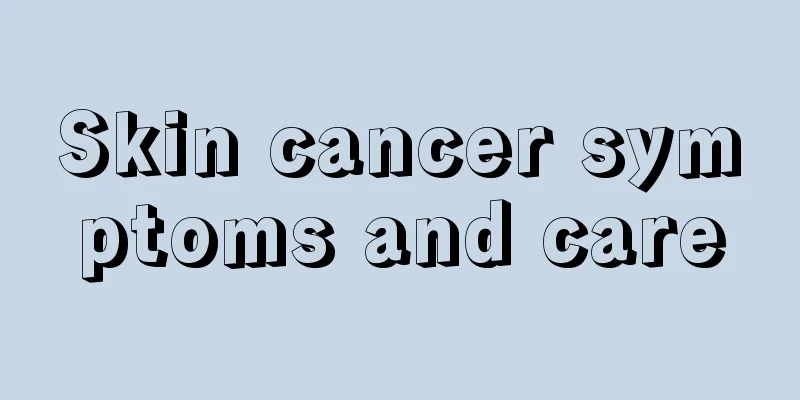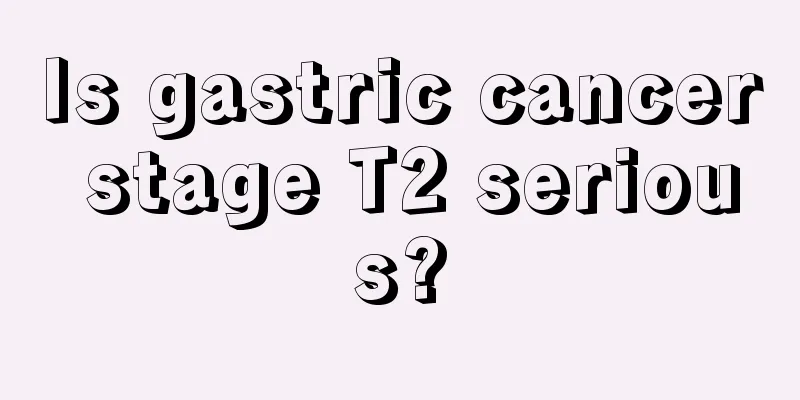What to do if you are allergic to vaccines
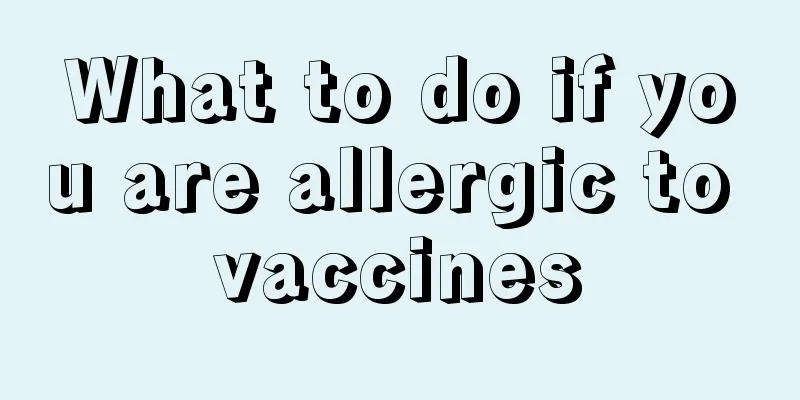
|
The same vaccine injected into different babies may cause no reaction or complications in some cases, but may cause severe allergies in others, which may even affect their lives. Vaccine allergies are indeed common in life. When a baby has an allergic constitution, parents need to pay special attention when vaccinating their children. They cannot inject the vaccine casually and need to do allergy tests in advance. Some babies may not have any reaction to the same vaccine, while others may experience various discomforts or even endanger their lives. Be cautious when vaccinating your baby. Is your baby allergic? Be cautious when administering vaccines People who are allergic to milk cannot get the polio vaccine. If you vomit, have diarrhea, or have abdominal pain after drinking milk, you should get tested promptly to determine if you are allergic to milk. The polio sugar pill vaccine contains cream ingredients. People who are allergic to cow's milk and its products should not take it. They can take the polio liquid vaccine instead. In addition, a US study found that the diphtheria, pertussis and tetanus vaccine can cause allergic reactions in children with milk allergies. Therefore, people who are allergic to milk should be cautious. However, this allergic reaction is very rare and there is no need to worry too much. People who are allergic to eggs cannot get the flu or measles vaccine. Some babies develop symptoms such as redness and swelling around the mouth and rashes on the body after eating eggs. This may be an egg allergy, so be cautious when getting flu and measles vaccines. Because both vaccines are made by inoculating the virus strains into chicken embryos. Since influenza, measles, rubella, and mumps can all be transmitted through droplets, it is recommended that children who cannot be vaccinated avoid going to public places to avoid infection. In addition, babies with asthma, eczema, urticaria and allergic constitutions are prone to allergic reactions after vaccination; children with a history of epilepsy and convulsions are prone to fainting, convulsions and shock after vaccination, especially those with Japanese encephalitis or diphtheria, pertussis and tetanus mixed preparations; children with severe rickets should not use polio sugar pill vaccine. During the vaccination period, if the child has symptoms such as vomiting, diarrhea and coughing, he or she can be vaccinated again after the symptoms improve. |
<<: What should I pay attention to if I have allergies
>>: What's wrong with my forehead being cold
Recommend
Can a routine blood test detect a tumor?
A routine blood test is a basic examination. It i...
What is the best medicine for cervical pain
There are many reasons for cervical pain, and cer...
What should you pay attention to when cleaning wounds with hydrogen peroxide?
Hydrogen peroxide is a common medicine. Most peop...
Can a cold cause stomachache?
Colds are a common disease among people. People w...
What should I pay attention to when removing freckles
If the spots on the face are not removed thorough...
The reason why tea turns black
Tea will turn black if left for a long time, main...
My nose suddenly turned red
If your nose suddenly turns red, don't worry ...
Symptoms and signs of tongue cancer
Tongue cancer can manifest in three early stages:...
Can hives cause fever?
Urticaria is a relatively common skin disease. Du...
What is the correct way to use headphones?
With the continuous advancement of electronic tec...
Stool accumulation? Learn these simple and effective bowel cleansing methods
The human intestine has a long section with thous...
What is the shelf life of eye drops
More and more young people and children are havin...
What's the matter with the swelling and pain inside the cheekbone
The zygomatic bone is the largest bone on our fac...
Delicious dietary therapy for lung cancer patients
Delicious diet therapy can not only help lung can...
Why does the lump above the incision hurt after thyroid cancer surgery?
Thyroid cancer patients may experience a painful ...
